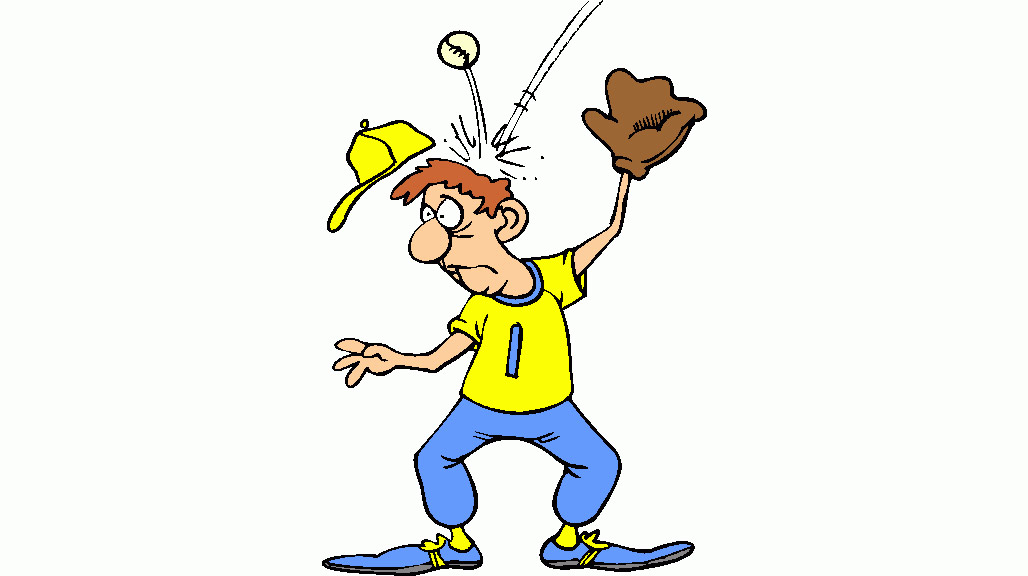Act One
A young student of American history goes to a job interview. The employer who interviews him tells him: “Your job, like this country, requires that you tell the truth because all of us are relying on each other. You can debate the facts but you cannot make up false facts” and then she asks him one question: “What is the difference between a football player who fakes an injury to stop the clock and a baseball catcher who moves his mitt to try to convince the umpire the pitch was a strike?” The young student knows the answer instantly: “The football player is breaking the rules by creating ‘false facts’ with his false injury, but the baseball player is not changing the fact of the pitch because the umpire can see it from beginning to the end. The baseball player is only an advocate but not dealing in false facts.”
Act Two
Convinced that he has a clear understanding of “America’s pastime” and that he will get the job, he goes to a baseball game that afternoon and sits in the bleachers with the fans of both teams. Surrounded by his fellow Americans he happily joins in and argues each ball and strike and catch and call made by the umpires at the game. He sees the same game as the fans of the different teams but all afternoon they enjoy the discussion and their debate and he concludes not only the baseball game but also the debate and discussion are “the American past time.”
Act Three
On his way home he turns on the radio and he hears the home team’s broadcast and then switches to the radio station for the visiting team’s broadcast and he hears an entirely different story. He notices it is not at all what he saw at the game because both radio stations are making up a story of the game for the fans that are listening to them. As he switches back and forth between the stations he realizes that the broadcasts are coming up with an entirely different score and in the wrap-up of the game entirely different league standings.
He is angry when he gets home but he finds both of his parents weeping. He tells them about the conflict between the broadcasts and he asks them: “What are they doing to America’s pastime ?”
Both parents look at him and ask him: “What are they doing to America?”
This is another entry in my series of plot studies. Here’s the previous one. And the next.

